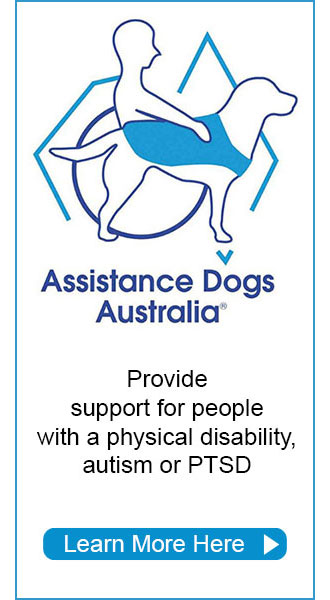
How To Stop Dogs Barking Due To Boredom
- Share
- Share
- Share
- Share
Understanding Why Dogs Bark (Pt 2) – Learn How To Stop A Dog Barking Due To Being Bored.
Imagine for a second that for one day, just one day, you were left home all alone with absolutely nothing to do. No mobile phone to watch videos, no TV, no radio, no books to read and no chores to complete. No accessible food, no playmates, just plenty of water and absolutely nothing to do.
Now some of us may feel that this sounds idyllic, a full day off to sleep and rest and just be in our own space, but for others it would be hell.
Now imagine that this is every day. Five or seven days per week. 10 – 12 hours per day with no company and nothing to distract you. Would you try to find something to do?
This is the life of a boredom barker. An animal which is, by design, a pack animal, who would spend anything up to 18 hours in one day travelling its territory in search of prey or carrion to eat, patrolling its territory, or roughhousing with its pack mates, an animal on the go.
Now I know that our domestic dogs have been bred to better cope with our domestic environment and have, over the millennia, become so far removed from that of wild canines, that they, on the whole, deal with our lifestyles very well but there are those whose natural instincts are still closer to the surface.
So, after reading the article ‘Why Dogs Bark‘, you realise you have a bored barker on your hands? What do you do next?
The simple answer is – Entertain them! But how, I hear you ask?
There are many ways to break up the day for your dog, some are easily made at home, some are products readily available at most pet shops and some may involve the services of professionals such as pet behaviourists.
Providing environmental enrichment can be as simple as scatter feeding your dog its breakfast so that it has to use its nose to find the food or putting half of the breakfast meal into one of the many products designed to prolong feeding. You could ‘hide’ treats in and around the environment or place them into folded up toilet roll tubes to add a little more challenge. Providing a snuffle mat or a treat dispenser may also work.
Hiding toys or treats in cardboard tubes in a sand pit filled with dirt may encourage a dog who has started to dig out of boredom, to seek out the treats in a safer space, which may also have the benefit of saving your lawn or even preventing escapes.
Providing toys which are more ‘active’ for example a ball launcher, or a wobble ball may keep a dog who is more toy oriented engaged for longer but whichever way you decide to go, there are a few other considerations.
What breed is your dog? A lot of people may wonder why this is relevant, but some breeds were originally bred to be lap dogs and to be around humans all day long, whereas some were bred for working. Depending on your breed, you may need to consider what would be their primary drive and try to enrich that area of their environment. Terriers for example were, on the whole, bred to go underground and into the tunnels of wild animals to hunt and retrieve them so providing areas to dig, or play tunnels with treats may help some terriers, whereas the dalmatian was bred to run in between the wheels of a carriage, where the dappled light hid them, and to protect the carriage from highwaymen, so providing an enriching environment for a dalmatian may include employing the services of a professional dog walker.
Understanding the fundamental drives of your dog is going to help you to understand how to better provide an environment in which they will be physically and mentally stimulated.
Ask yourself the following questions.
1. What breed are they and what is generally considered to be the purpose for that breed?
2. Are they more motivated by food, toys or people?
3. Can you minimise the amount of time that they are alone?
4. Can you provide enrichment which is size and breed suitable, as well as meeting their motivational type? (food / toys etc.)
As with all things, if the enrichment that is provided is the same every day, they will eventually become bored of that too, so changing things up as often as possible or putting enrichment types onto a rotation is always recommended.
For dogs which are left for long periods of time, consider one of the many professional dog walking services or a doggy day care centres who would be able to look after, exercise and entertain your ‘fur baby’ during your ‘work hours’.
However you approach the bored barker dilemma, ensuring that their physical, emotional, social and mental needs are met in a stimulating environment will reduce the amount of free time they have to bark!
If you have a question, or would like to make a comment, please feel to do so below.
BSc (Applied Animal Behaviour & Training), Post Graduate Certificate in Education.
National Diploma Animal Management.
Aset Care of Animals Award & CENTRA Award in Animal Care.
- Cat Behaviour & Training 1
- Cat Care 1
- Cat Health 1
- Cats 3
- Dog Behaviour & Training 38
- Dog Care 1
- Dog Grooming 2
- Dog Health 1
- Dogs 42
After A Product or Service for Your Pet?
PetsBook's Pet Directory is the easy way to find everything you need to take care of your 'fur baby'.
ABN: 97 675 528 953








